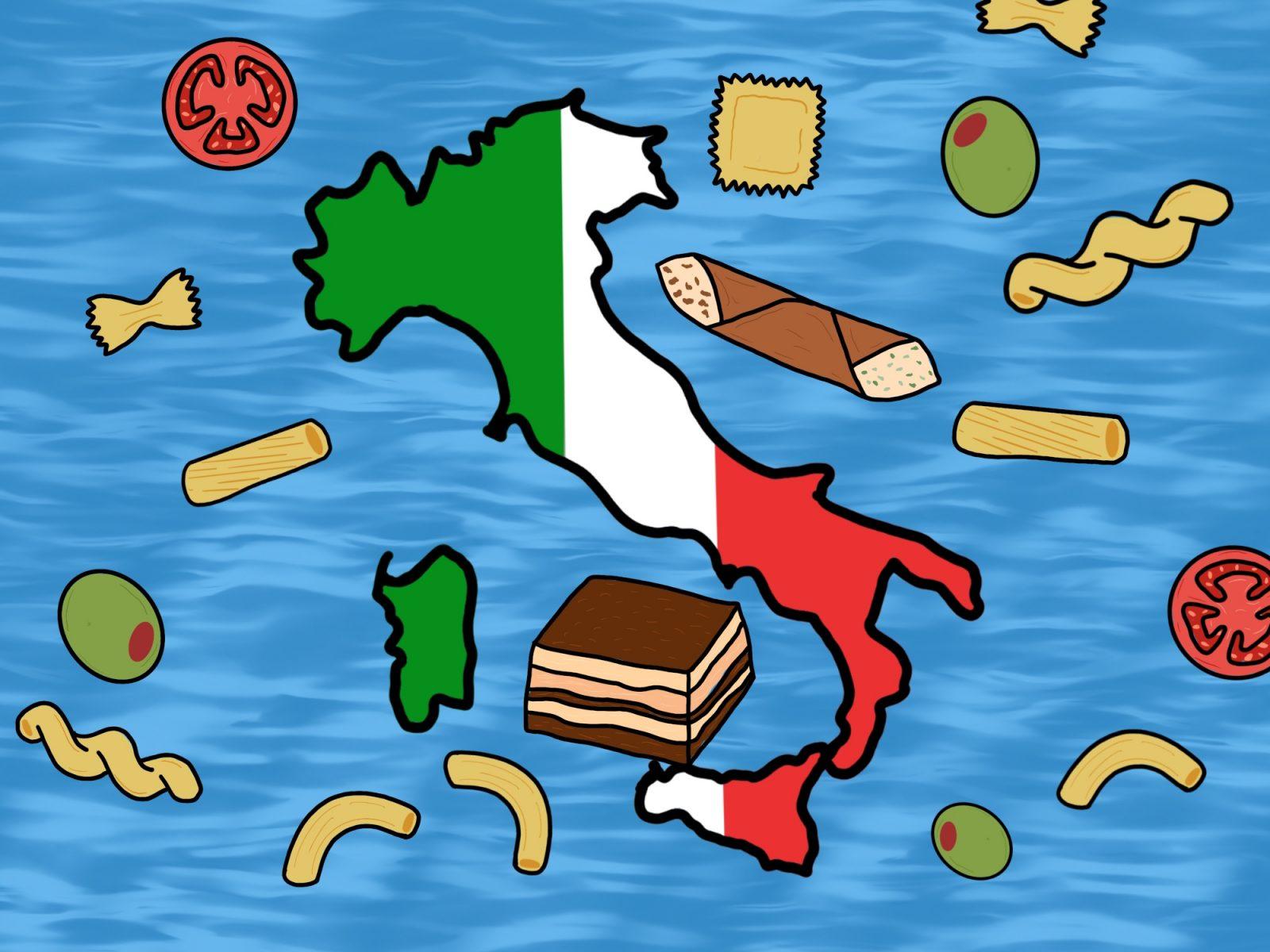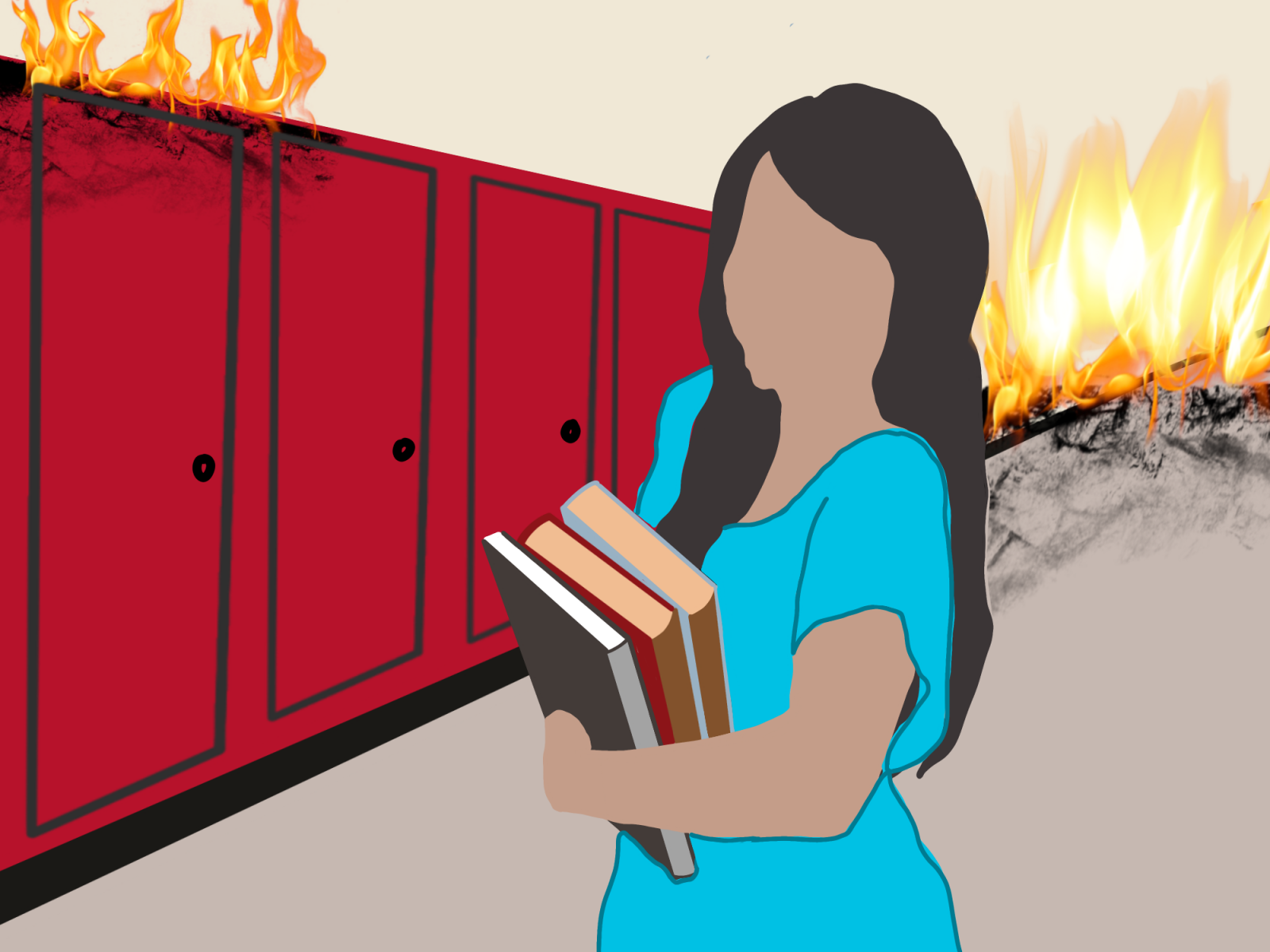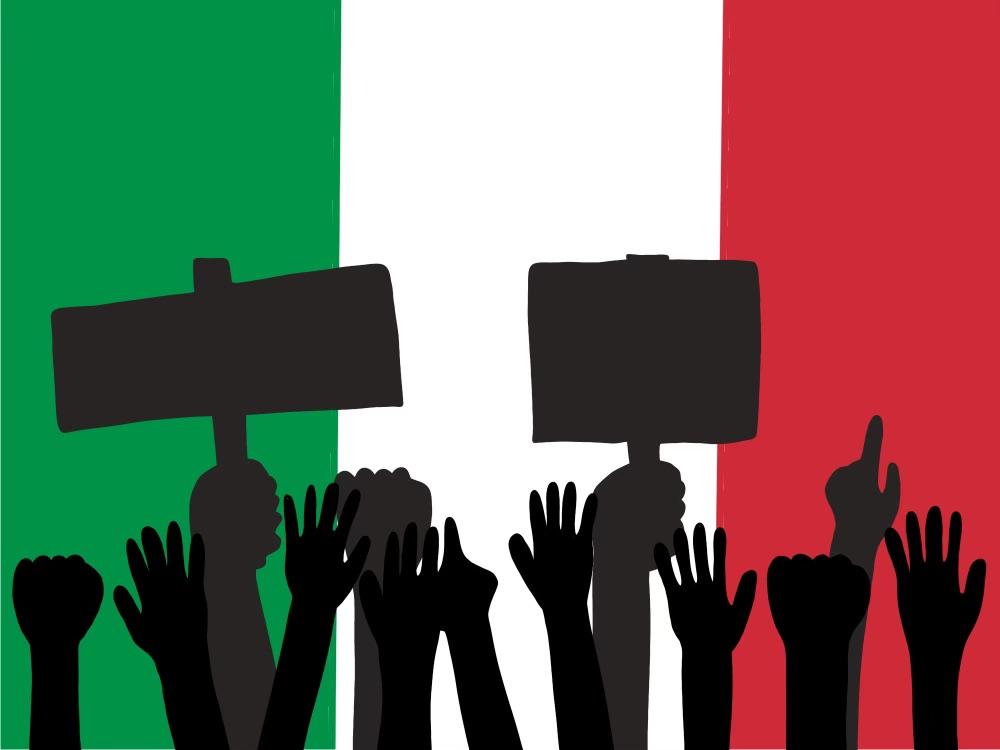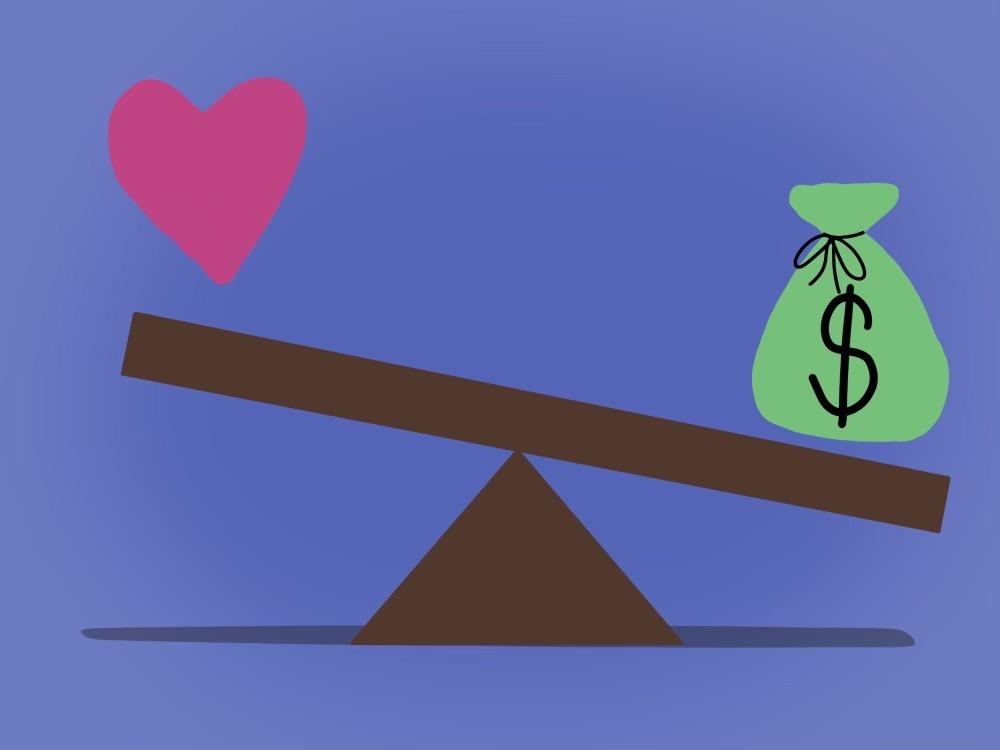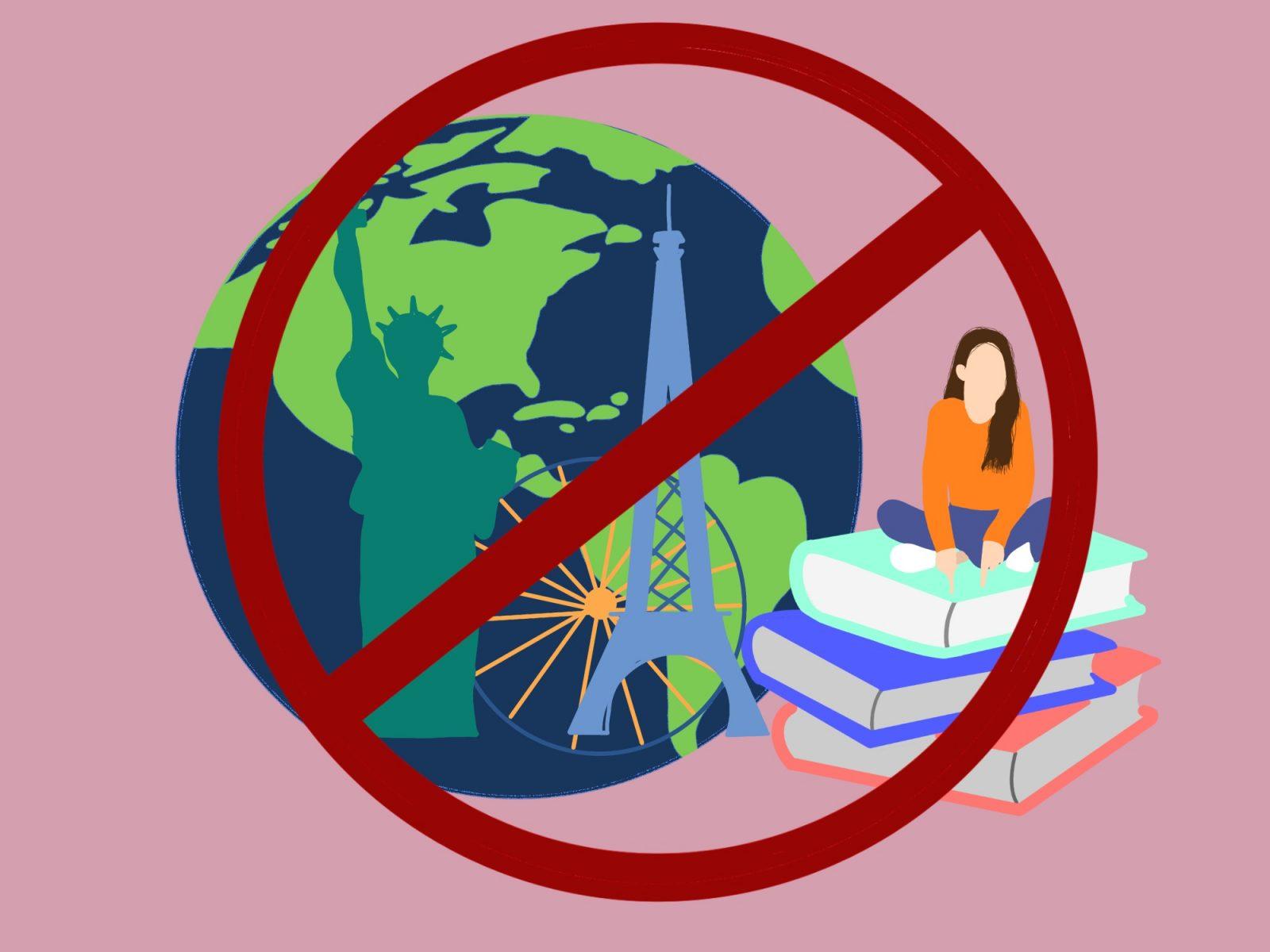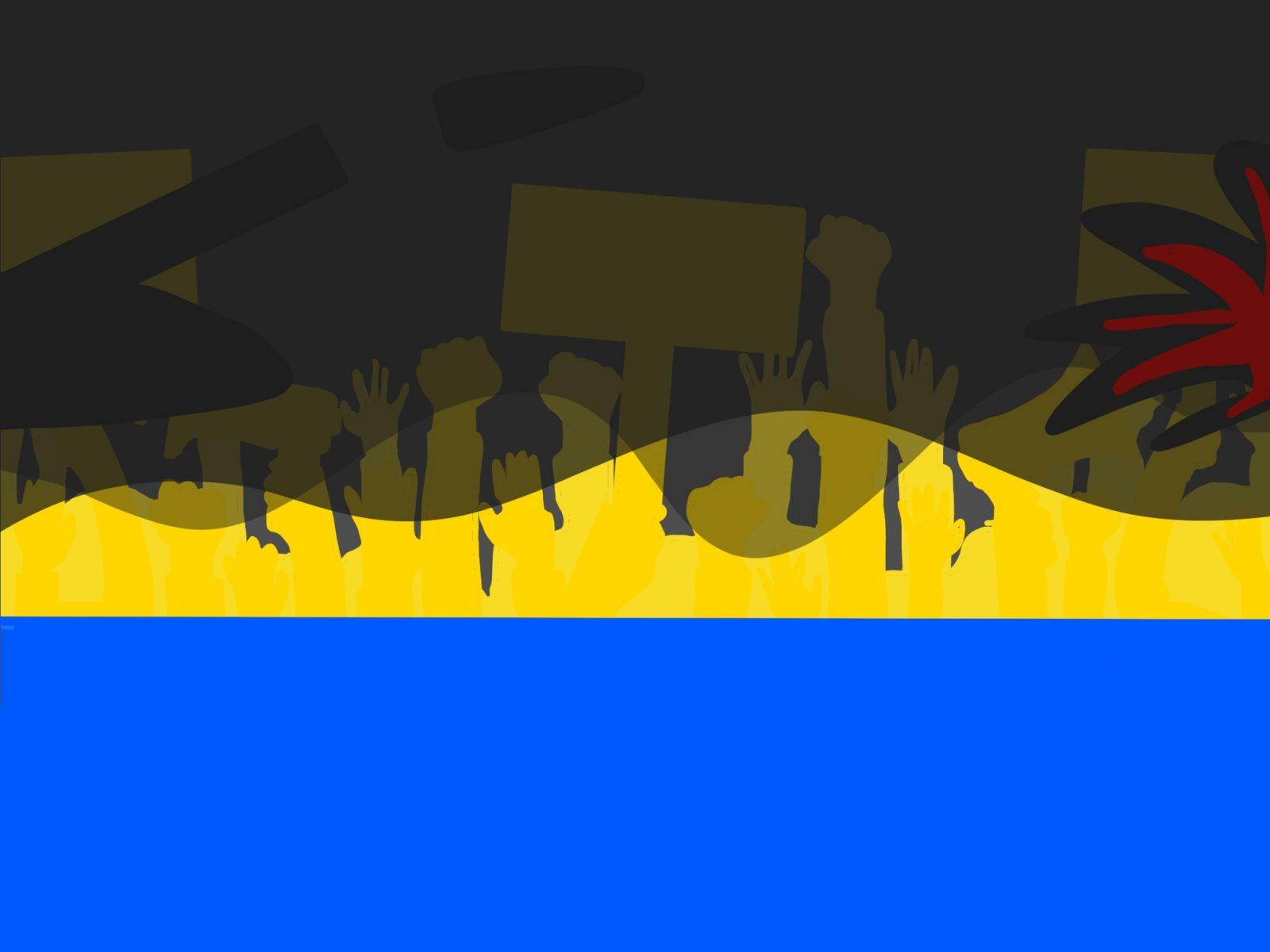Every single morning anyone has ever experienced has always begun with a sunrise, but how can we be sure the sun will rise tomorrow as well? According to the 18th century British philosopher David Hume, there is no way to know.
Hume’s entire philosophy is centered around the idea that uncertainty dominates everything because one cannot make causal inferences a priori. The latter is precisely what he accuses humanity of doing. He laments humanity’s unjustifiable beliefs based solely on habits or customs due to the idea that “instances, of which we have had no experience, must resemble those, of which we have had experience, and that the course of nature continues always uniformly the same.”
Instead, the philosopher states that one can understand the relationship between cause and effect only through empirical observation of constant conjunction, hence conclusion can necessarily only be drawn from direct experience.
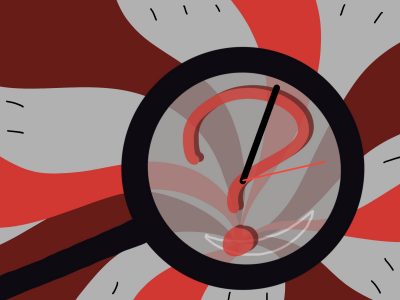
Partially inspired by Hume’s relentless thinking, the Lebanese-American author Nassim Taleb wrote “The Black Swan: The Impact of the Highly Improbable” to prove the frailty of our epistemology.
The black swan — which no one thought existed until Australia was discovered — represents the outlier par excellence and its existence demonstrates to always expect the unexpected. Although the discovery of the black swan itself was not revolutionary, similar unexpected events such as stock market crashes or natural disasters have had far-reaching and completely unfathomable effects. Following this logic, the knowledge we possess is far less valuable than the knowledge we lack since the latter makes us vulnerable to events we deem almost impossible.
Although interpreting reality through Hume and Taleb’s lenses might seem preposterous and rather demoralizing, it is a good portrayal of the times we’re living in. An unfortunate combination of low predictability and large repercussions has been shaping everybody’s life in the form of one big question mark.
Looking back to the beginning of national lockdowns due to COVID-19 in March 2020, it really did feel as though we all woke up one morning and found ourselves in a worst-case scenario no one had accounted for.
Before the early months of 2020, hardly anyone could have foreseen a global pandemic, and yet we’re now celebrating its second anniversary. In spite of the time we’ve spent coexisting with the virus, the degree of uncertainty that this health crisis brought about never decreased. Every silver lining in the form of vaccines and looming herd immunity was challenged by the sudden arrival of new, more contagious variants as well as ever-increasing infections.
If people believed that their lives couldn’t get more unpredictable, the world witnessed Putin’s troops invade Ukraine on Feb. 24, sparking a war in the continent with the largest number of democracies in the world.
Whilst the Russian tyrant strives to overthrow Zelensky’s government to allegedly cleanse the remnants of Nazism in the country, the post-Cold War European status quo is greatly threatened by Putin’s neo-imperial ambitions. World War III is no longer an unthinkable option and Ukraine’s neighbors fear that their safety could be breached at any moment.
Climate change is yet another source of menace for the stability — or rather, lack thereof — in people’s lives. Since its first dangerous consequences in the form of fires or extreme heat waves showed up across the globe, the world has always been utterly unprepared.
Natural disasters such as the hurricanes that swept across the United States throughout the summer of 2021 are nearly impossible to predict, and as the climate crisis worsens, no one will be able to sufficiently prepare for it.
Humans naturally crave security and stability, but the combination of all these circumstances hinders the possibility of finding any sort of reassurance around us. If a year ago people were concerned about booking trips far in advance due to a potential surge in COVID-19 cases, now they’re nervously finding excuses not to be drafted for the army in case of a global conflict. But does any of this matter if we could die of climate change in the near future?
People had disparate reactions to all these situations that suddenly, as well as tragically, altered the course of their lives. Decision making processes have never been so ever-changing.
In August 2021, 4.3 million Americans decided to quit their jobs across various industries — a phenomenon called the “Great Resignation,” de facto demonstrating that after months of hardships, illness and death they could not simply go back to their former routines.
In a similar departure from the status quo, since the beginning of the attacks, more and more Ukrainians are deciding to ignore their fears and return to their country. They have decided to forego the traditional route of fleeing the country and becoming a refugee of war in order to fight in a war that is ultimately threatening the survival of their home.
Since people are so eager to share what they’ve learned over these past couple of rather unprecedented years, my greatest takeaway is that uncertainty is the only master of our lives. We can’t predict anything and if there’s something we should expect then it’s the least reasonable scenario.
The Sun rose at 6:01 am this morning, we are still in a pandemic and Putin is threatening to nuke the world. No one would have ever thought that all these events would be happening in 2022, but here we are. God only knows what can possibly happen tomorrow.























































































































